A Soothing Sip or a Sleepless Night?
It’s late evening, the house is quiet, and you’re craving something warm and comforting. Your hand reaches for the matcha tin, but then you pause. Can you drink matcha at night without sabotaging your sleep?
Matcha (抹茶, finely ground powdered green tea) has long been a centerpiece of Japanese tea culture, traditionally consumed in serene, mindful settings. Today, it's beloved worldwide for its gentle energy boost and antioxidant-rich profile. But when the sun sets, that same boost might raise questions for those who are caffeine-sensitive or focused on improving sleep quality.
Let’s explore what science, tradition, and common sense tell us about drinking matcha before bed and how to do it thoughtfully.
Caffeine Content in Matcha: What You Should Know
Matcha naturally contains caffeine about 30 to 70 mg per teaspoon, depending on the quality and grade. That’s less than a typical cup of coffee (about 95 mg), but more than most brewed green teas. Importantly, the caffeine in matcha is released more gradually thanks to its unique composition.
Unlike coffee, matcha's caffeine works in harmony with L-theanine, an amino acid known to promote alpha waves in the brain. This synergy creates a state of "relaxed alertness" that many drinkers find grounding rather than jarring. Still, the central nervous system stimulation from caffeine can inhibit adenosine, the neurotransmitter that promotes sleep, and reduce melatonin levels, which are both important for restful sleep.
If you're sensitive to caffeine, pregnant, or managing blood pressure or sleep disorders, timing becomes crucial. Caffeine can remain in your system for 4–7 hours (and sometimes up to 10), so even moderate amounts can impact sleep especially for those more sensitive.
Comparing Matcha to Other Beverages at Night
When weighing nighttime options, matcha finds itself in interesting company:
- Coffee: High in caffeine, best avoided late in the day.
- Black tea: Lower in caffeine than coffee, but still stimulating.
- Regular green tea: Contains less caffeine than matcha, but lacks the L-theanine-rich foam of ceremonial-grade matcha.
- Herbal teas: Caffeine-free, often used for relaxation (e.g., chamomile, peppermint, rooibos, or mugicha).
- Matcha latte: When blended with warm milk (dairy or plant-based), the natural fats can mellow the tea's stimulating effects and may help buffer the caffeine.
Choosing ceremonial-grade matcha (vs. culinary-grade) may also help, as it tends to be smoother, less bitter, and consumed in smaller amounts, ideal for a gentle evening brew. Ceremonial-grade matcha is typically made from younger leaves and may contain slightly less caffeine than culinary grades.
Things to Consider Before Drinking Matcha at Night
Drinking matcha after dark isn’t off-limits but it depends on your personal rhythm. Here are a few things to keep in mind:
- Caffeine sensitivity: If you know a small amount keeps you wired, enjoy matcha earlier in the day or opt for a low-caffeine herbal blend.
- Bedtime: Try to finish your cup at least 4 to 6 hours before you plan to sleep. For those highly sensitive, aim for even earlier.
- Personal tolerance: Everyone metabolizes caffeine differently. Some people can sleep soundly after an evening espresso, while others may be kept awake by even a small cup of tea.
- Health conditions: Those with anxiety disorders, cardiovascular issues, high blood pressure, or who are pregnant or breastfeeding may need to be especially cautious and consult their healthcare provider.
- Fluid intake: Too much liquid late at night may cause sleep disturbances unrelated to caffeine (such as waking up to use the bathroom).
Tip: For a mellow nightcap, consider a matcha-chamomile blend, combining the grounding flavor of matcha with the calming effects of chamomile. You can also experiment with blending matcha and other calming herbs like lavender or peppermint.
L-Theanine: Matcha’s Secret for Calm Focus
If there’s a reason matcha might still suit your nighttime wind-down, it’s L-theanine. This amino acid helps boost serotonin and dopamine, which contribute to mood balance and relaxation. It smooths out the sharper effects of caffeine, offering a sense of clarity without the crash.
Research suggests L-theanine may promote stress reduction and improve sleep quality when consumed regularly. The result? A cup of matcha may help you feel calmly alert, especially if paired with a slow evening ritual. Some studies even suggest that green tea with lower caffeine content can improve sleep quality by reducing stress.
Potential Benefits of Drinking Matcha in the Evening
Surprisingly, sipping matcha later in the day might offer some gentle advantages:
- Relaxation: L-theanine and low caffeine levels may help you unwind.
- Skin health: Antioxidants like EGCG and catechins support skin clarity and nighttime recovery.
- Metabolism: Some studies suggest matcha may slightly boost fat oxidation and blood flow, even at rest.
- Mood: Polyphenols may support emotional balance, making matcha a soothing end to your day.
- Hydration: If prepared lightly and mindfully, matcha can contribute to total hydration before sleep.
- Antioxidant support: Nighttime is when much of the body’s repair and recovery happen. Consuming antioxidant-rich matcha before bed may support these natural processes.
Tips for Enjoying Matcha at Night
- Start small: If you’re new to evening matcha, begin with a half serving and see how your body responds.
- Choose ceremonial-grade matcha: Opt for high-quality matcha for a smoother, gentler experience.
- Mind the clock: Drink your matcha at least a few hours before bedtime to give your body time to process the caffeine.
- Experiment with blends: Try mixing matcha with calming herbs, or prepare a matcha latte with your favorite milk to soften its effects.
- Listen to your body: If you notice any sleep disturbances, adjust the timing or amount or switch to a caffeine-free alternative in the evening.
Who Should Avoid Drinking Matcha at Night?
While matcha can be a gentle evening companion for many, some people should limit or avoid it at night:
- Those with a high sensitivity to caffeine
- People with sleep disorders or chronic insomnia
- Individuals with certain heart conditions, high blood pressure, or anxiety disorders
- Pregnant or breastfeeding individuals (consult your healthcare provider for guidance)
If you’re unsure, try a simple experiment: enjoy matcha on two separate evenings, one several hours before bed, and one right before sleeping. Notice any differences in your sleep quality and how you feel the next morning.
Final Thoughts: Matcha and Mindful Evenings
So, can you drink matcha at night? For many, the answer is yes, if you listen to your body and brew with care. While caffeine remains a key factor, matcha’s unique profile including calming L-theanine and health-supporting antioxidants makes it one of the gentlest caffeinated teas available.
Try it in small amounts, choose high-quality ceremonial matcha, and sip it slowly from a favorite ceramic cup. In doing so, you’re not just nurturing your body, you’re embracing a centuries-old Japanese tradition that blends wellness with artistry.
And if you find yourself craving that nighttime cup, consider investing in Myjapaneseworld.com authentic Japanese teaware.


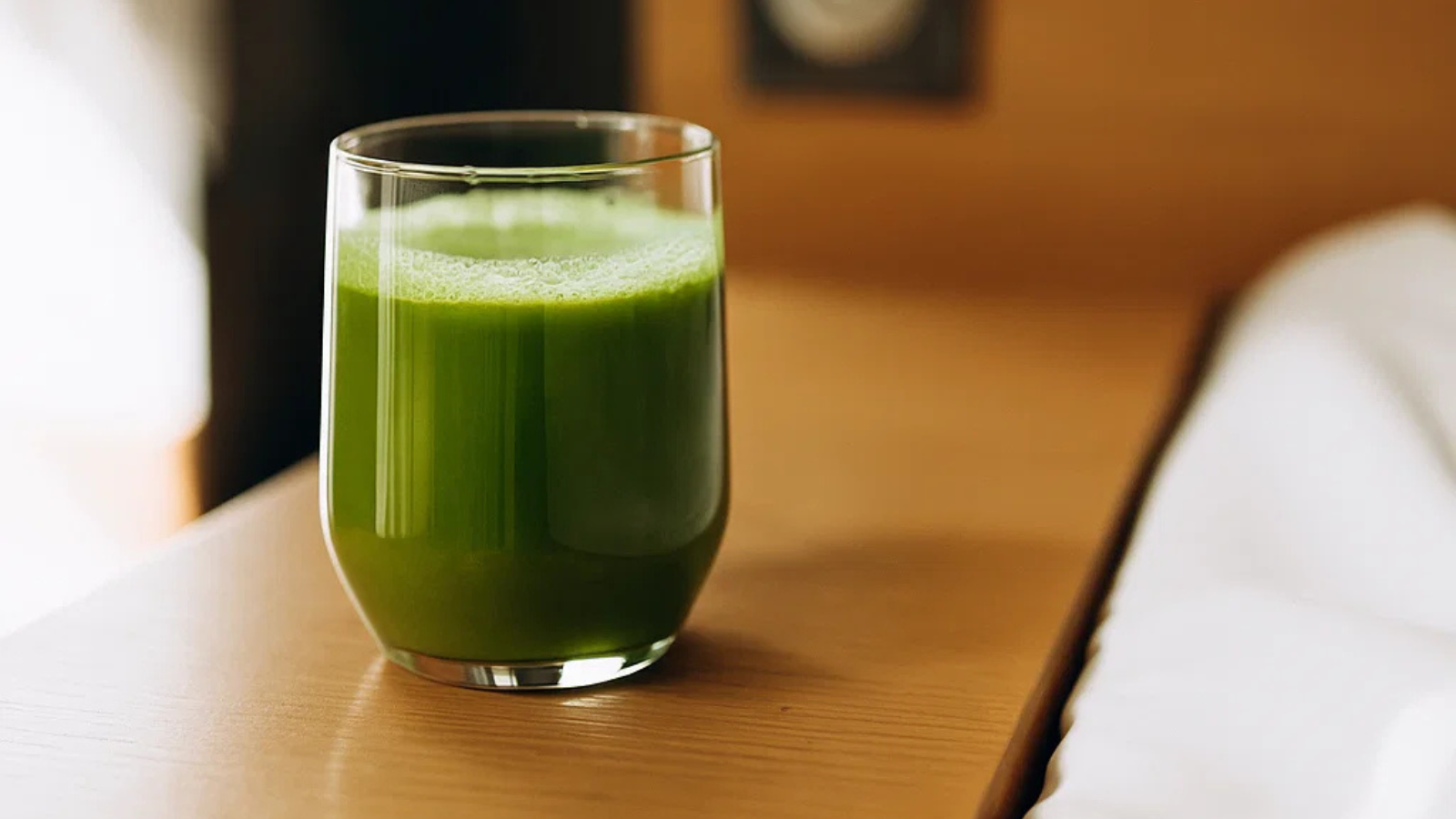





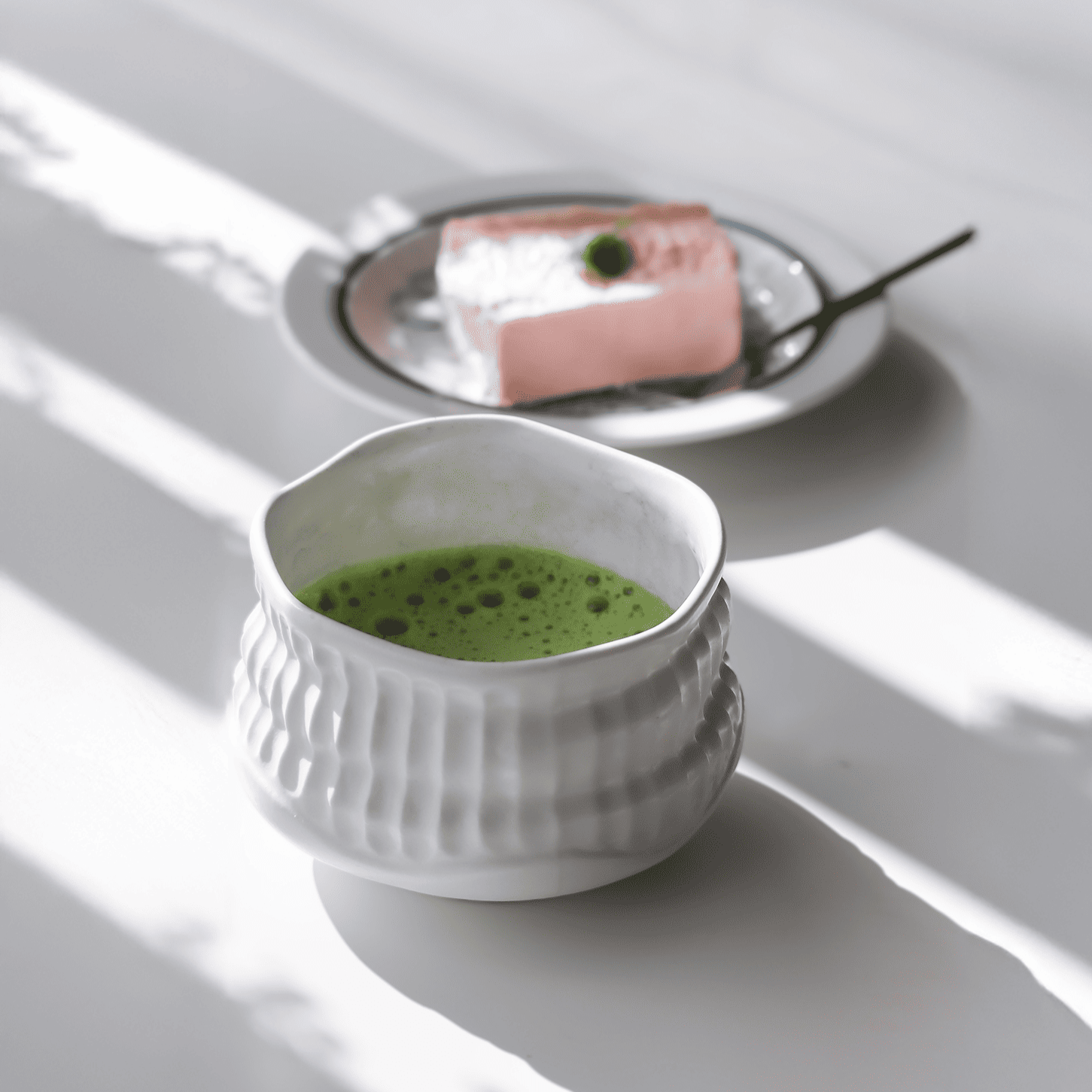
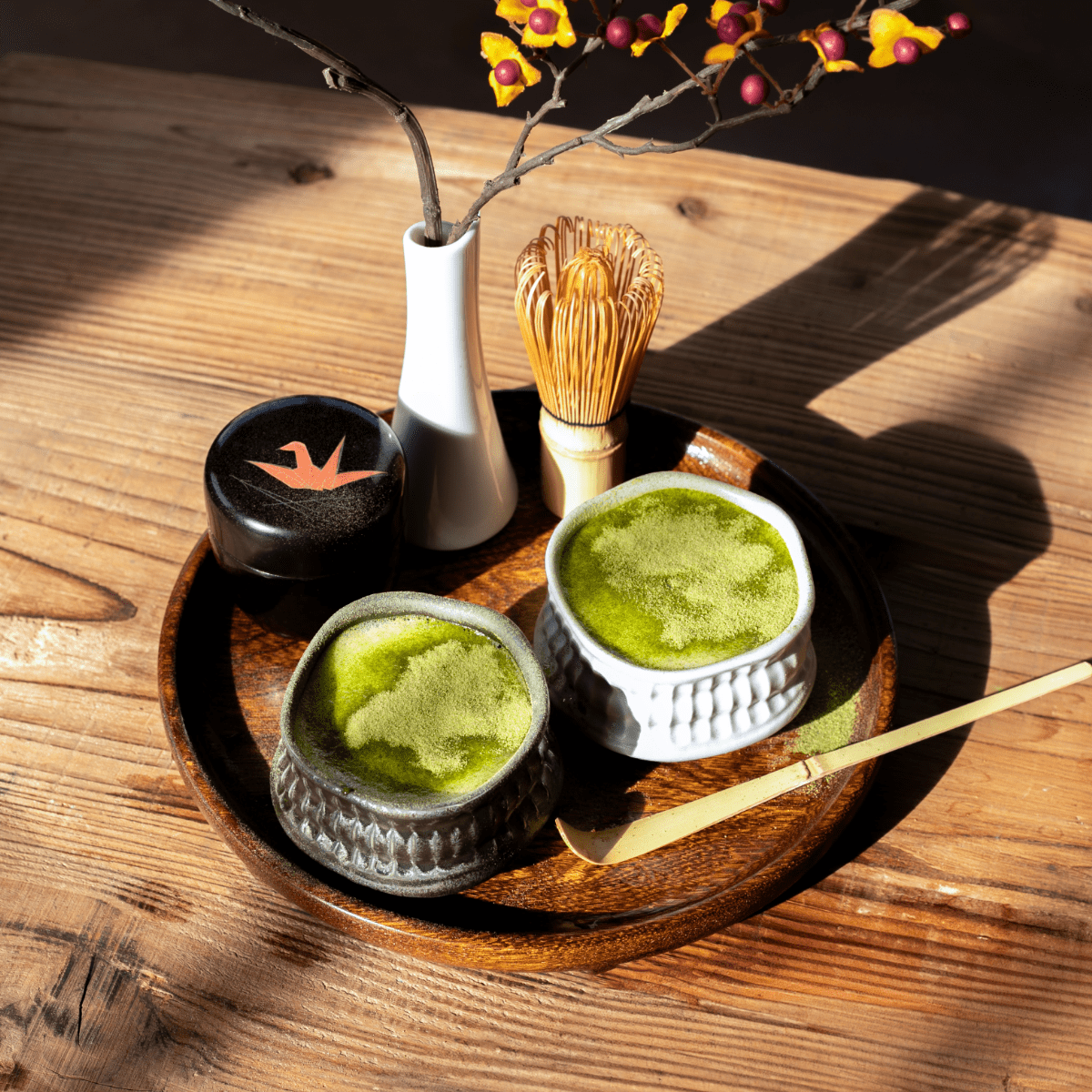
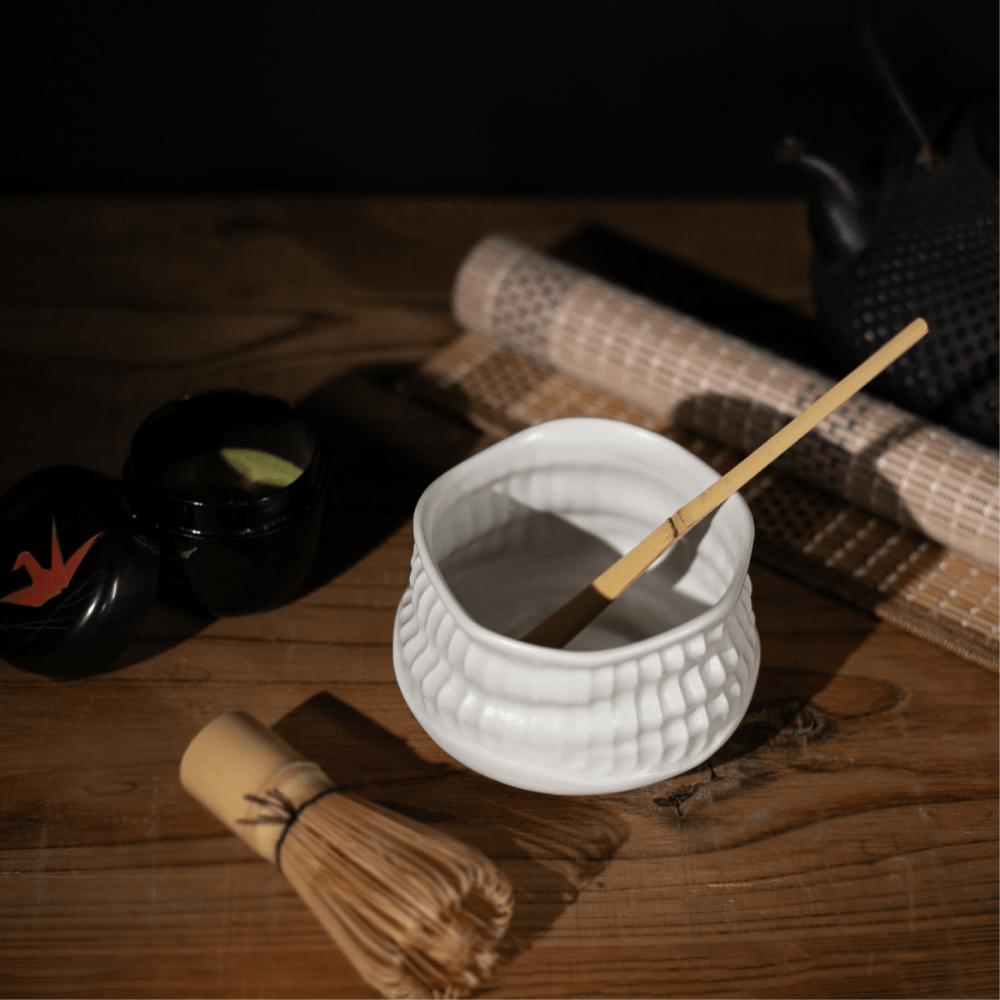
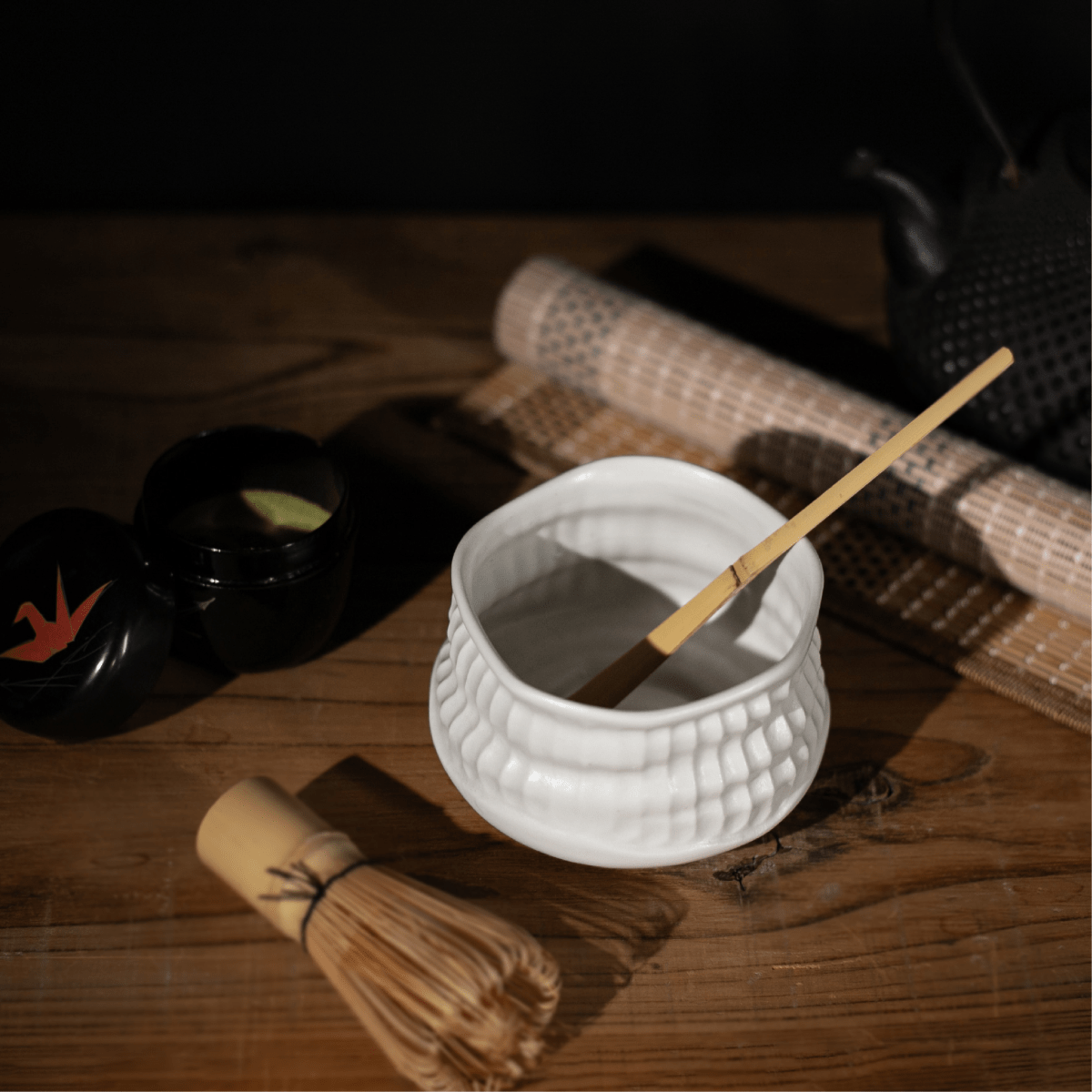
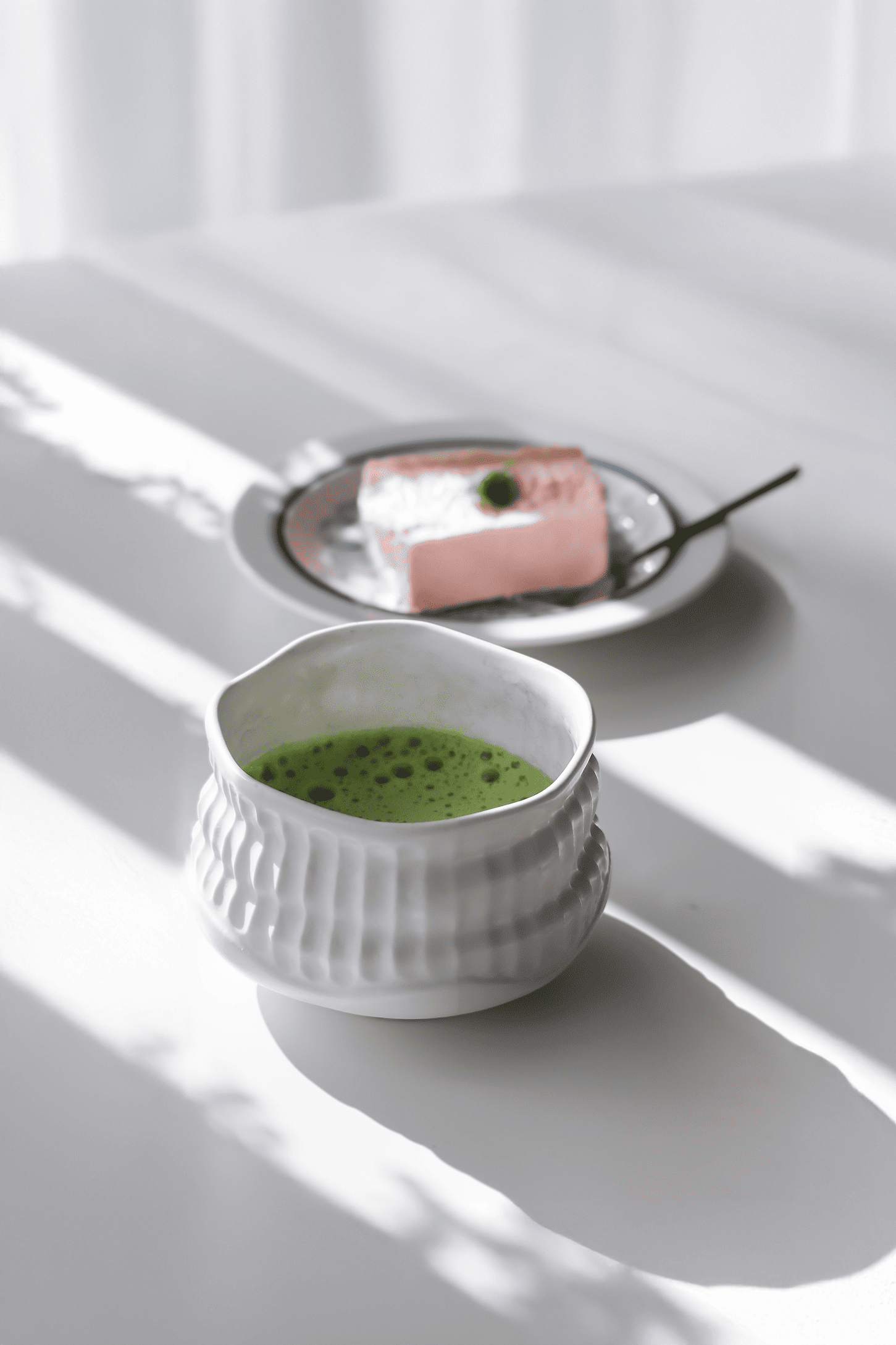
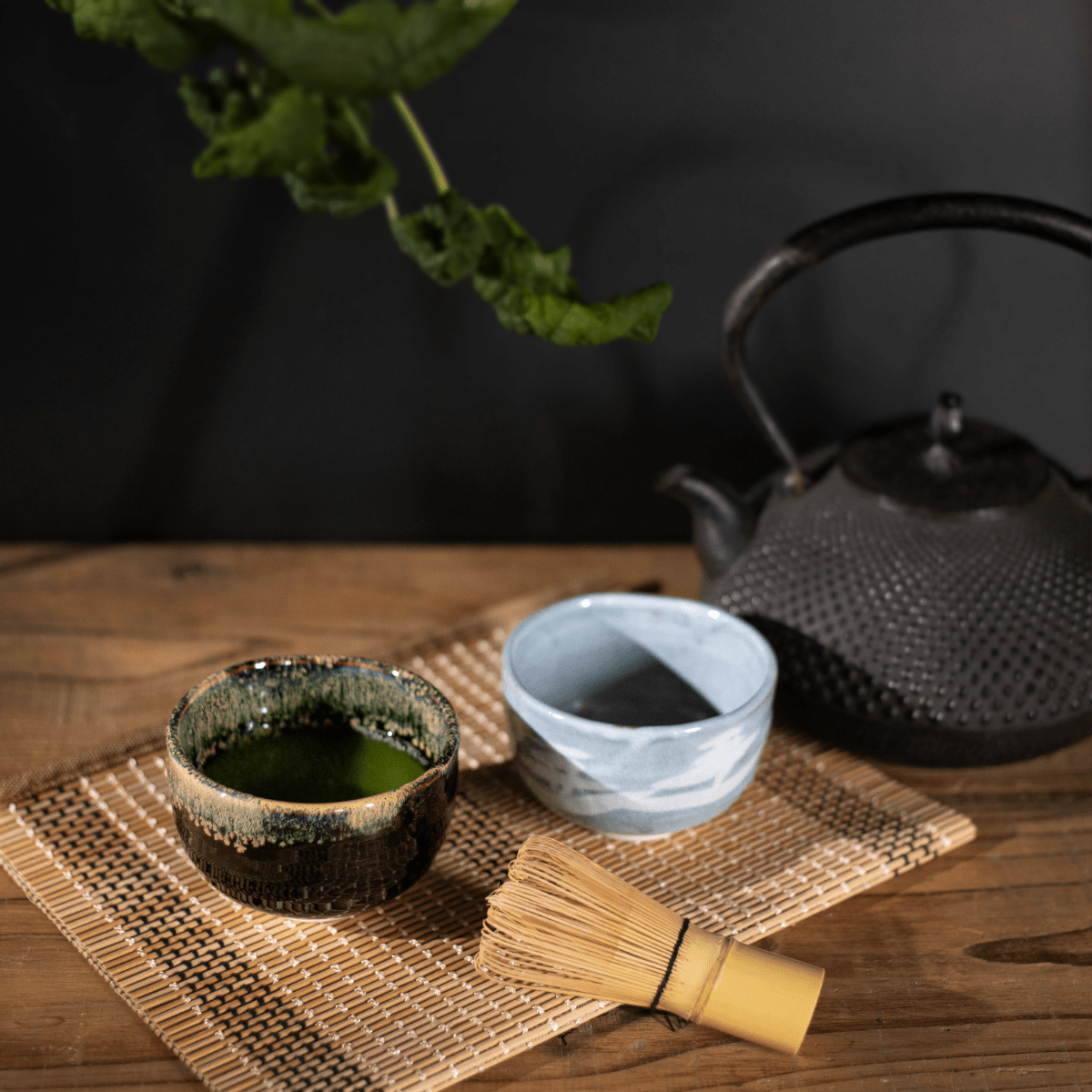
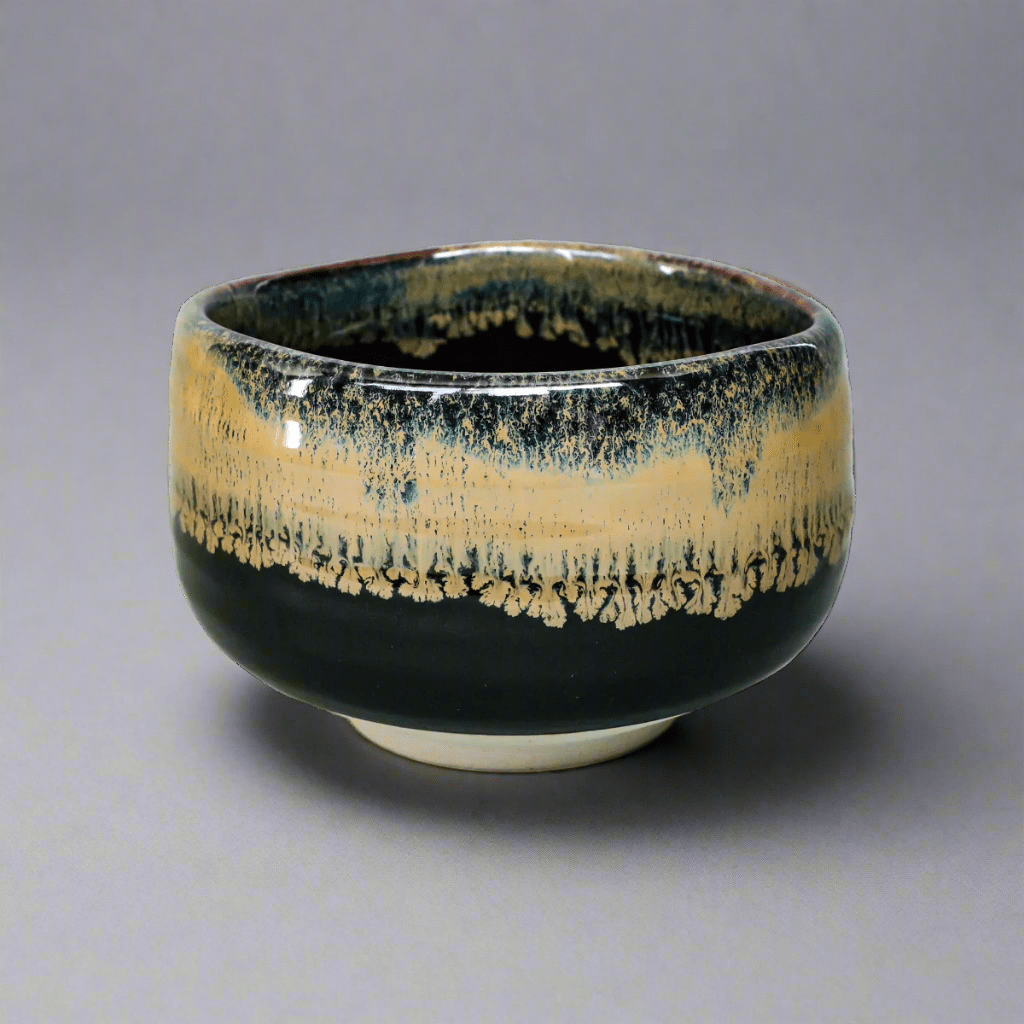
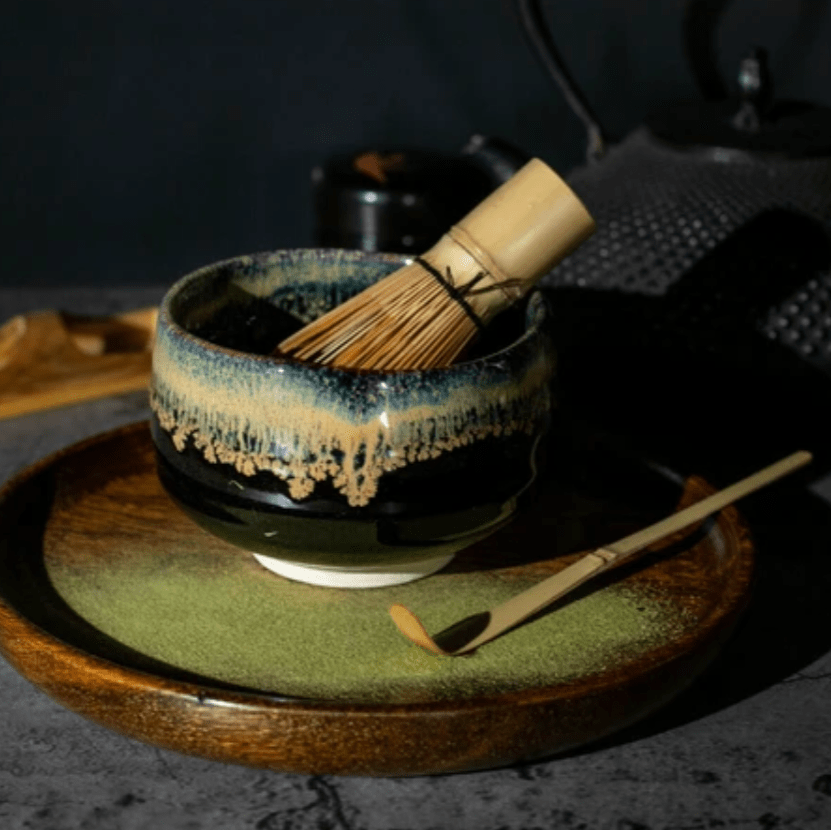
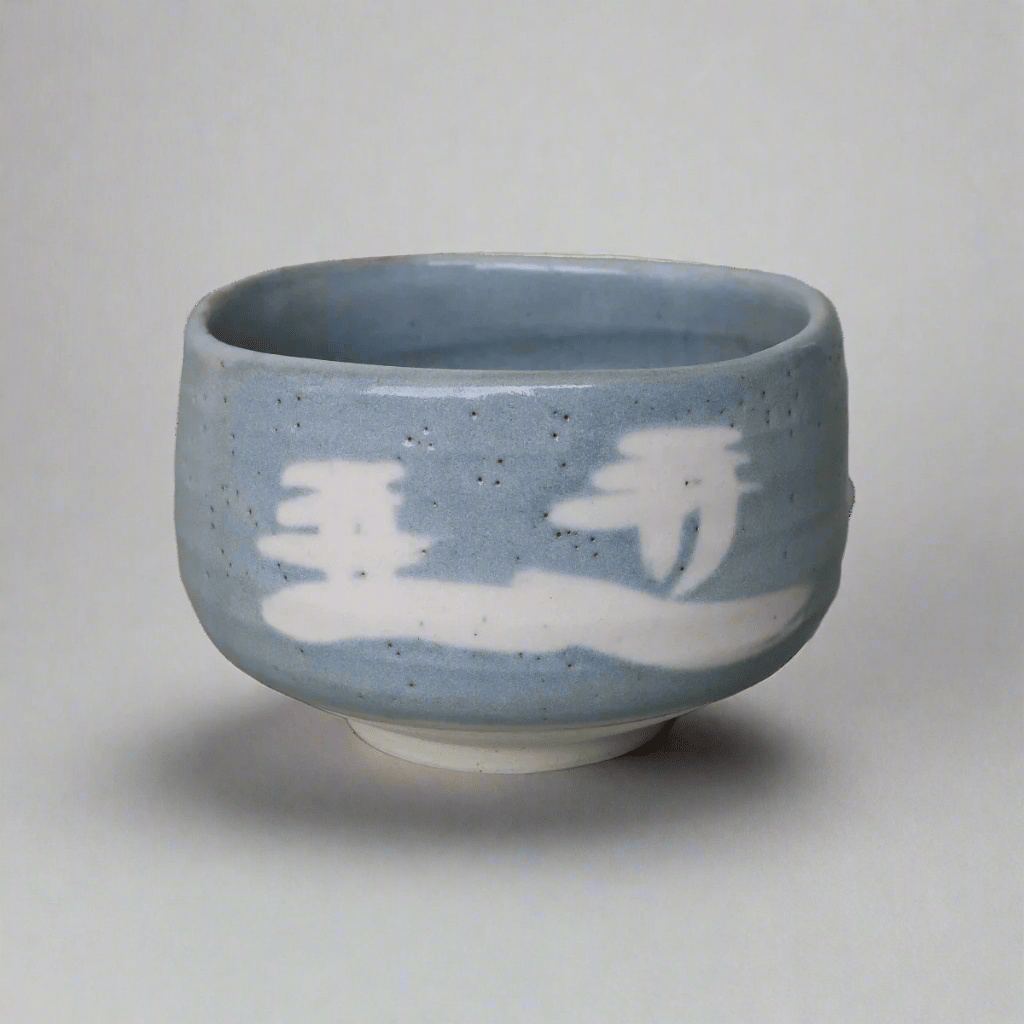
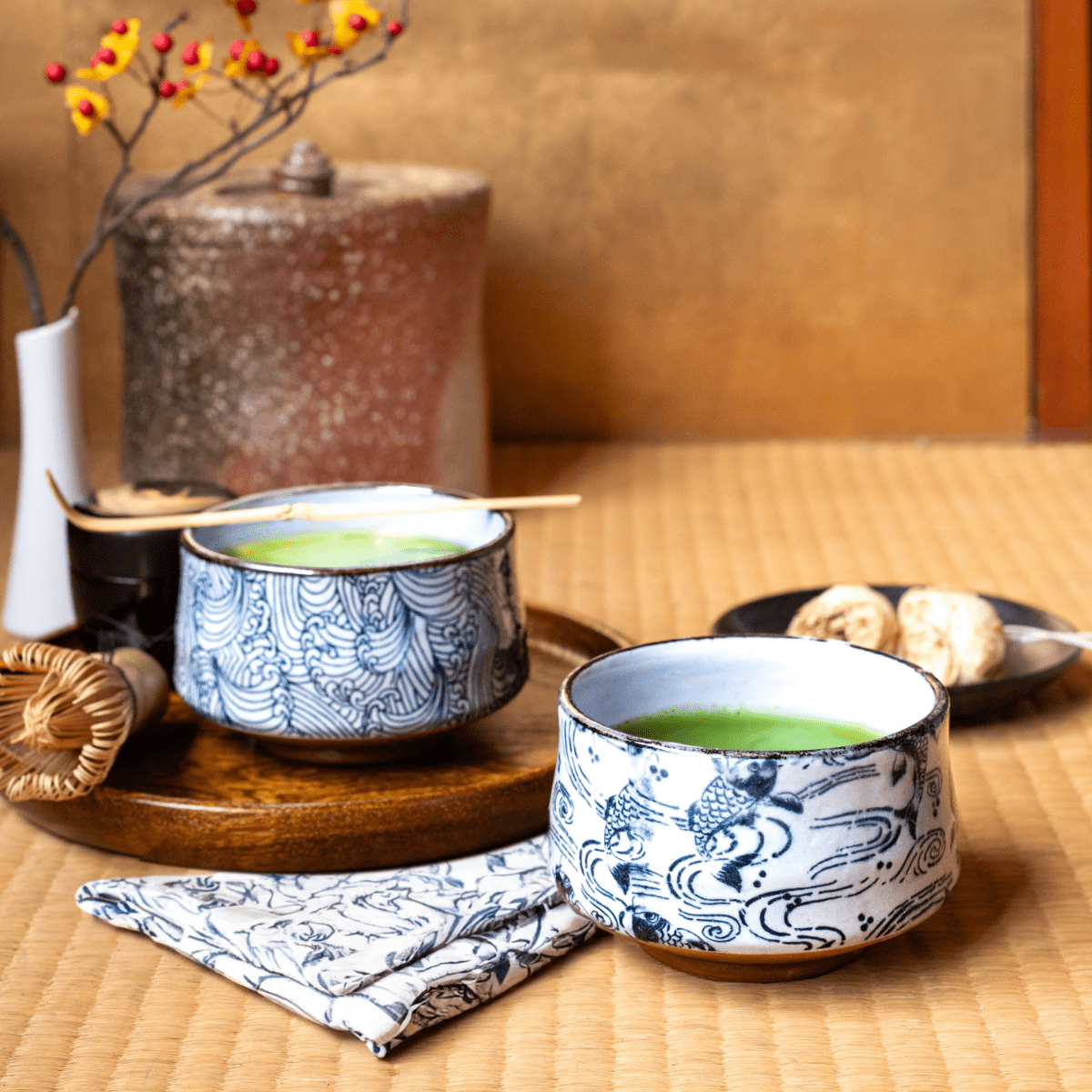
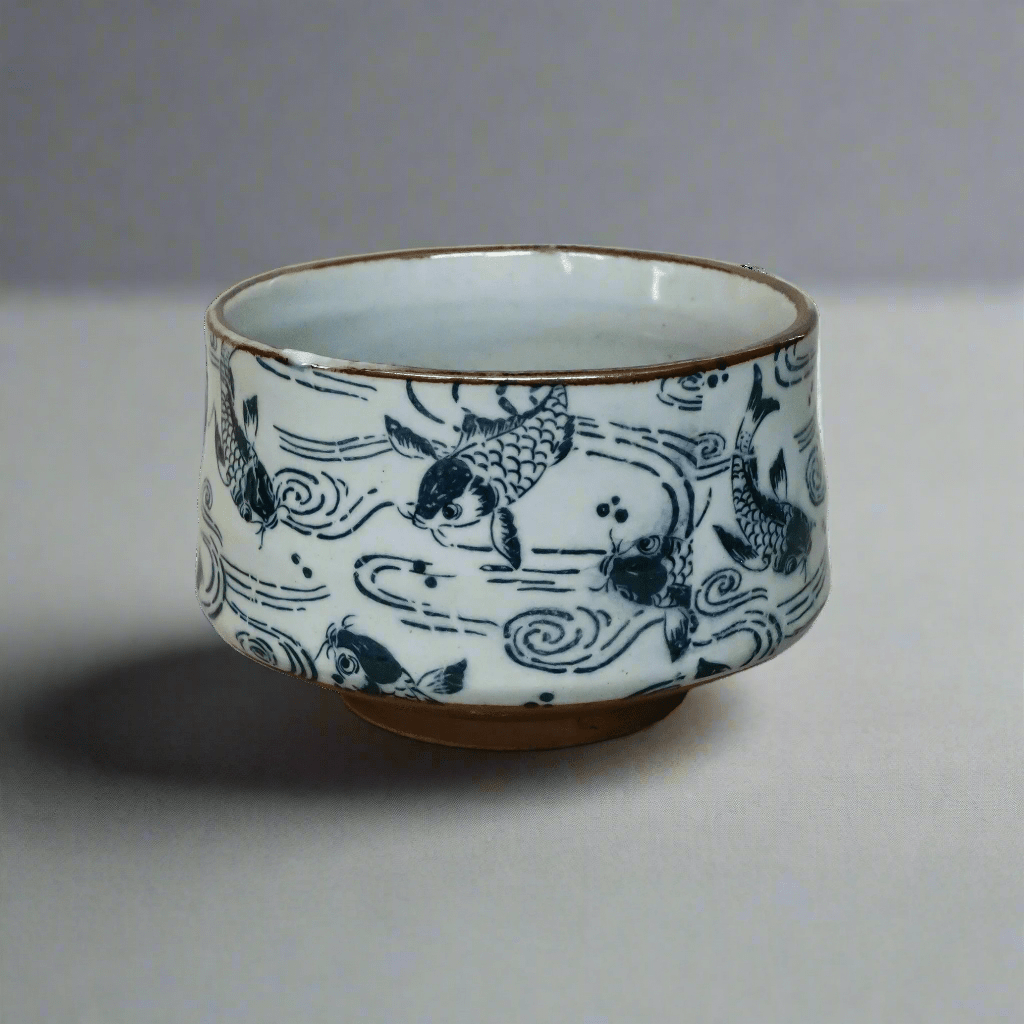
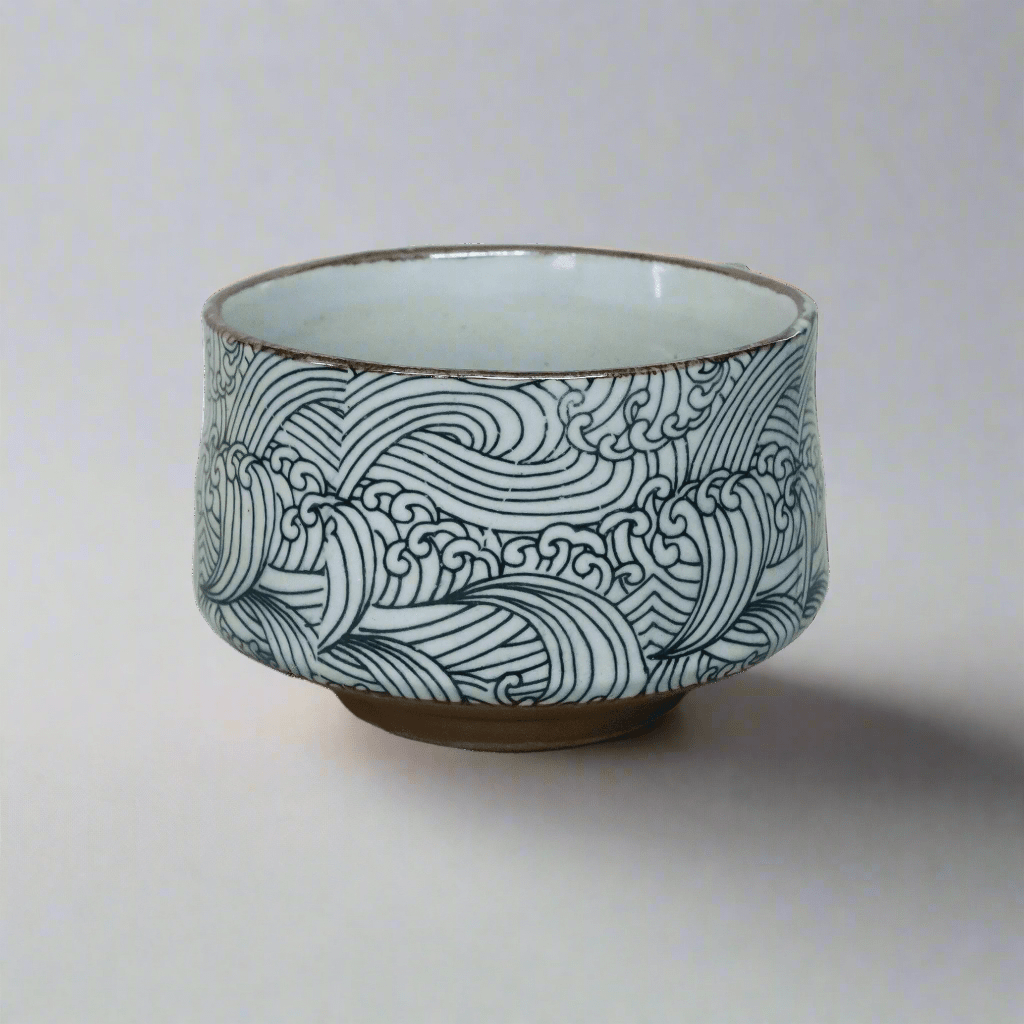
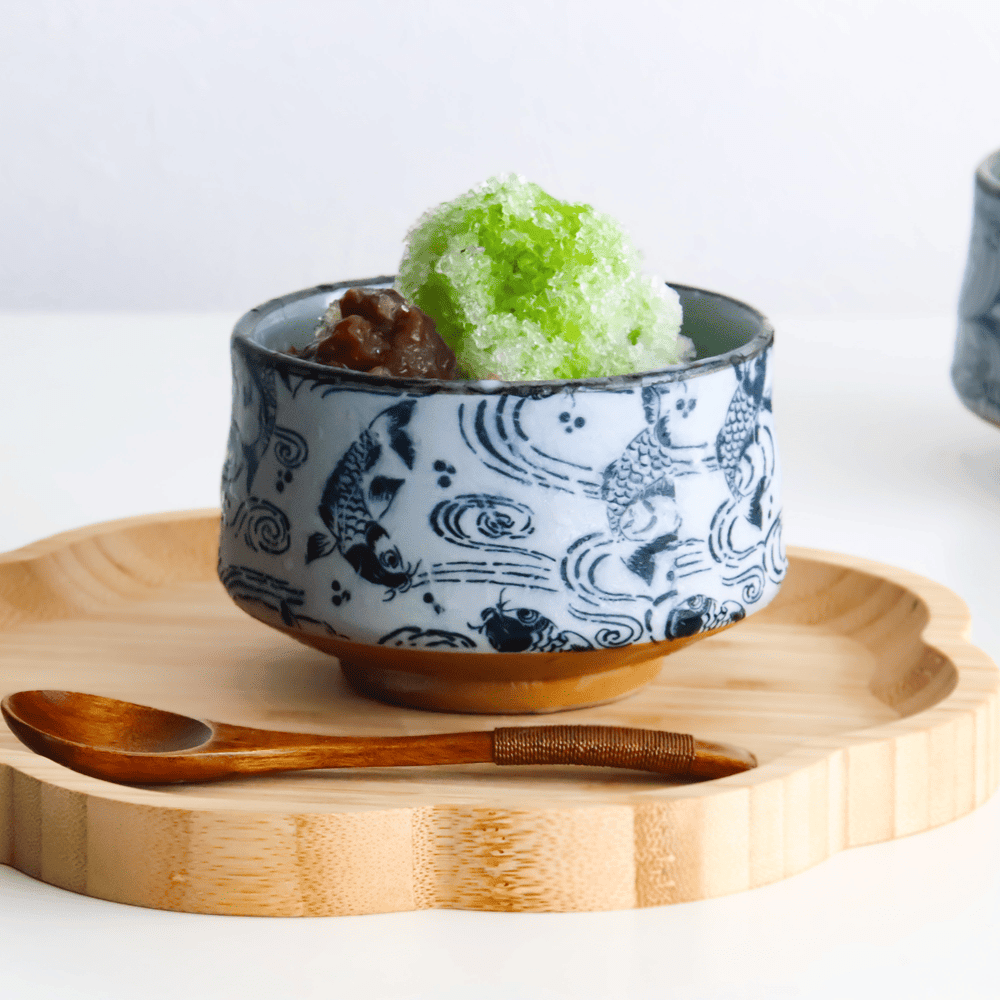
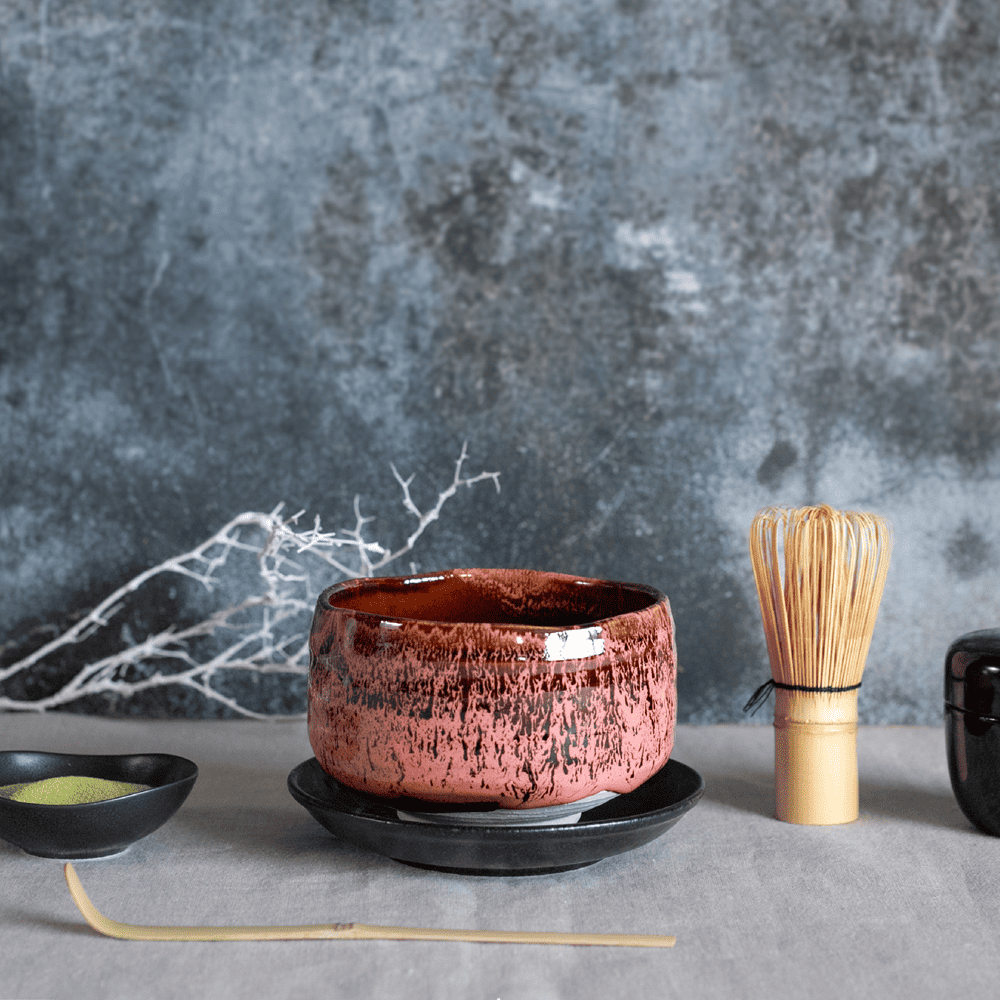
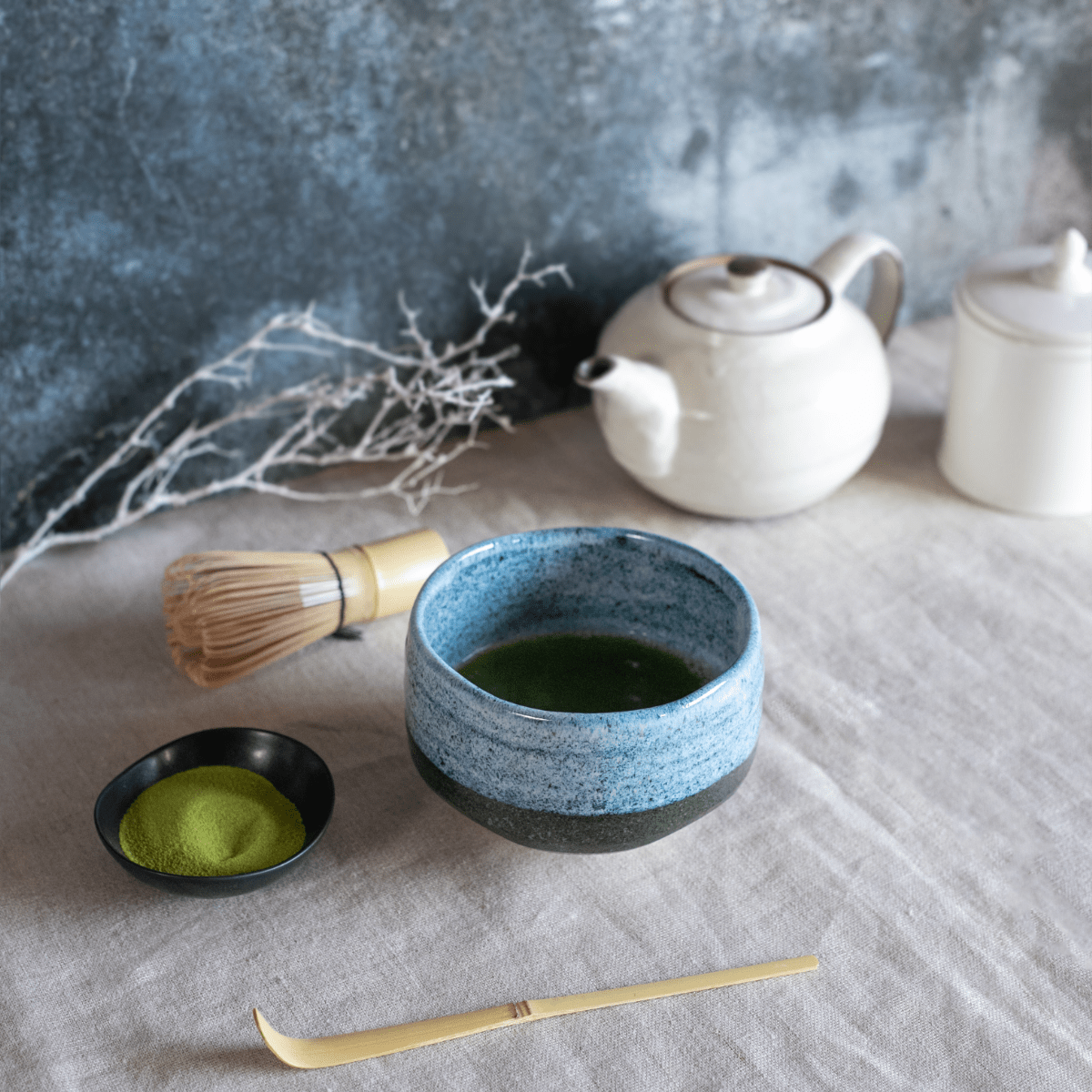
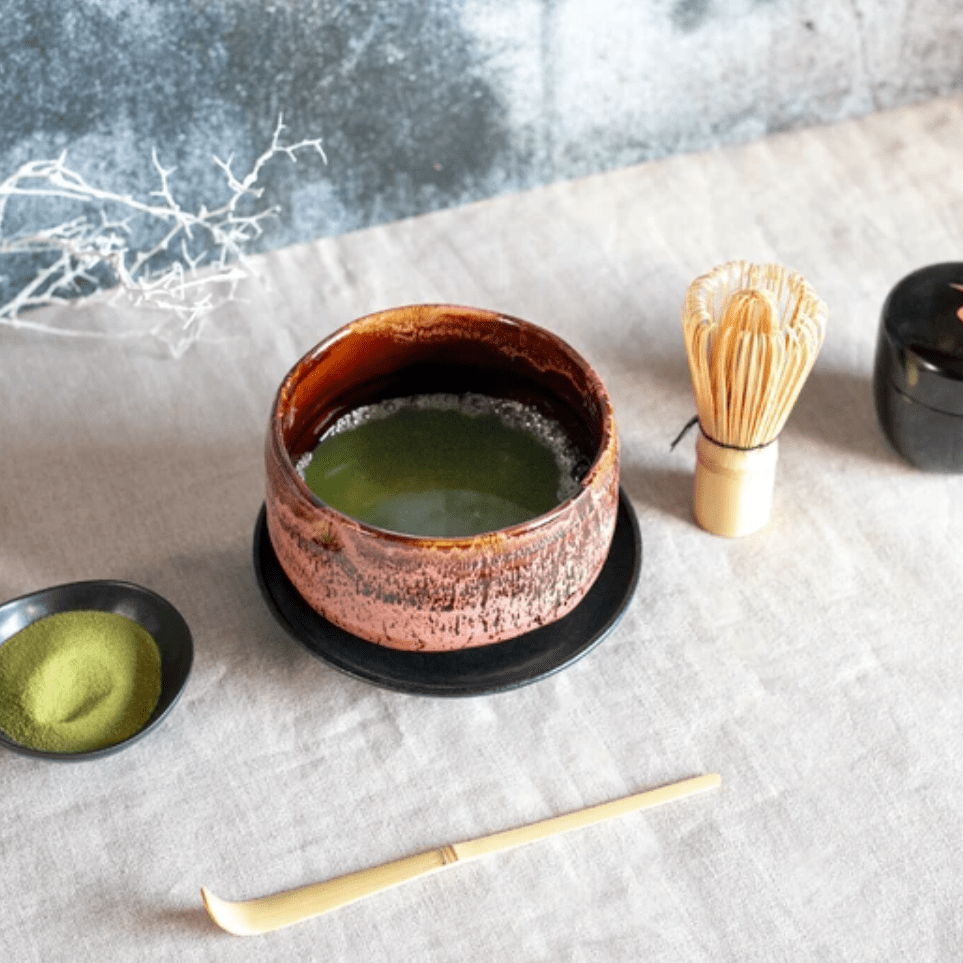
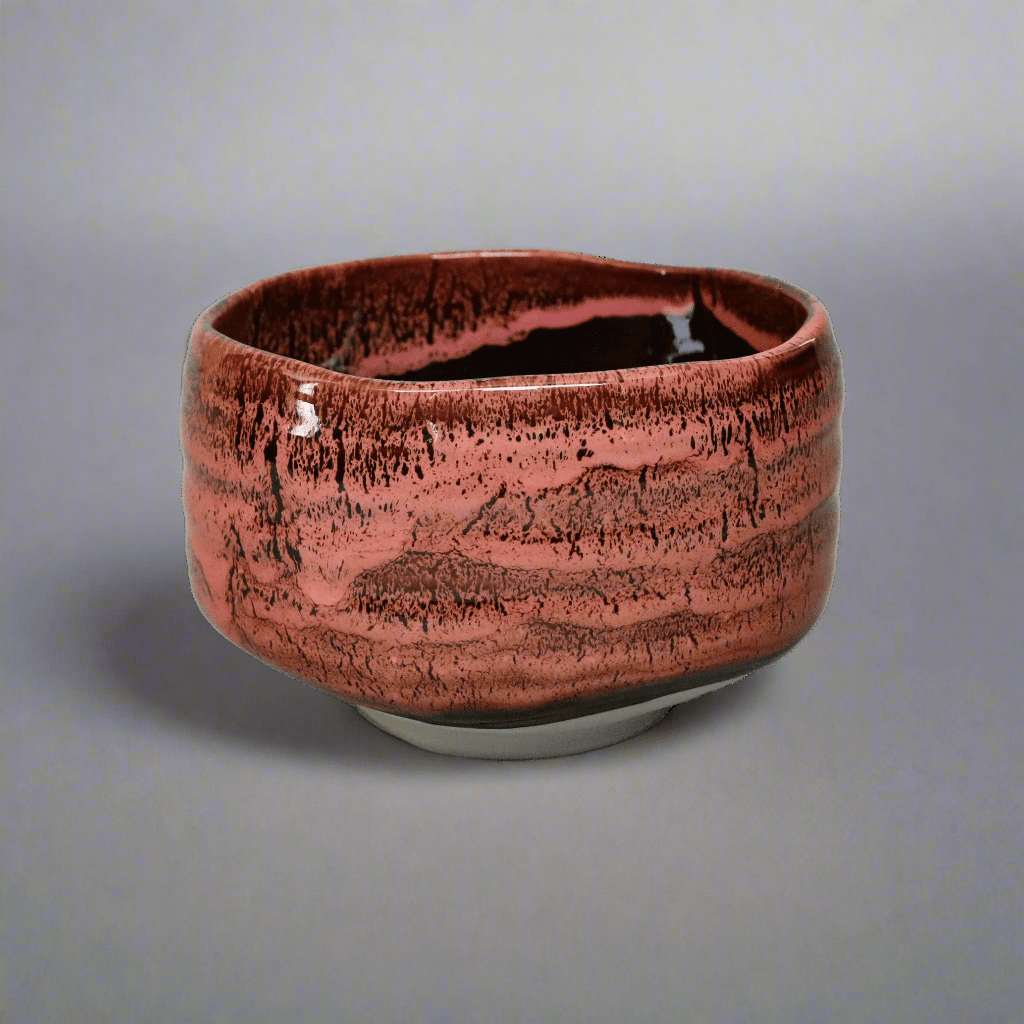
Share: